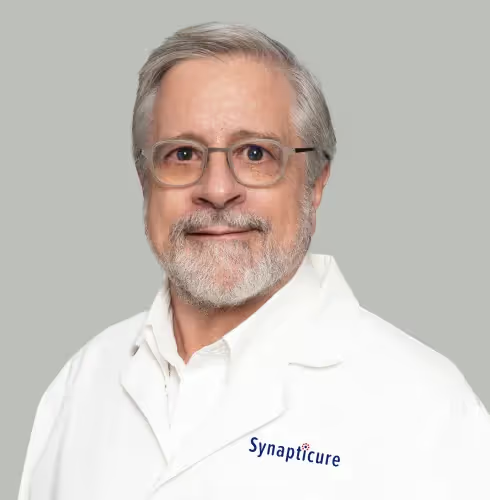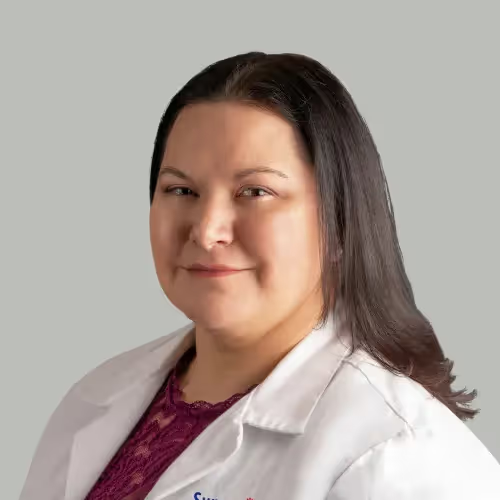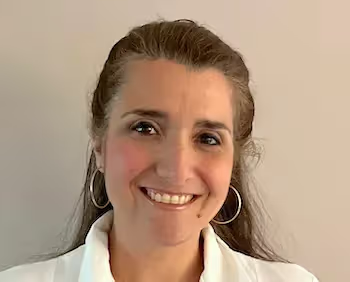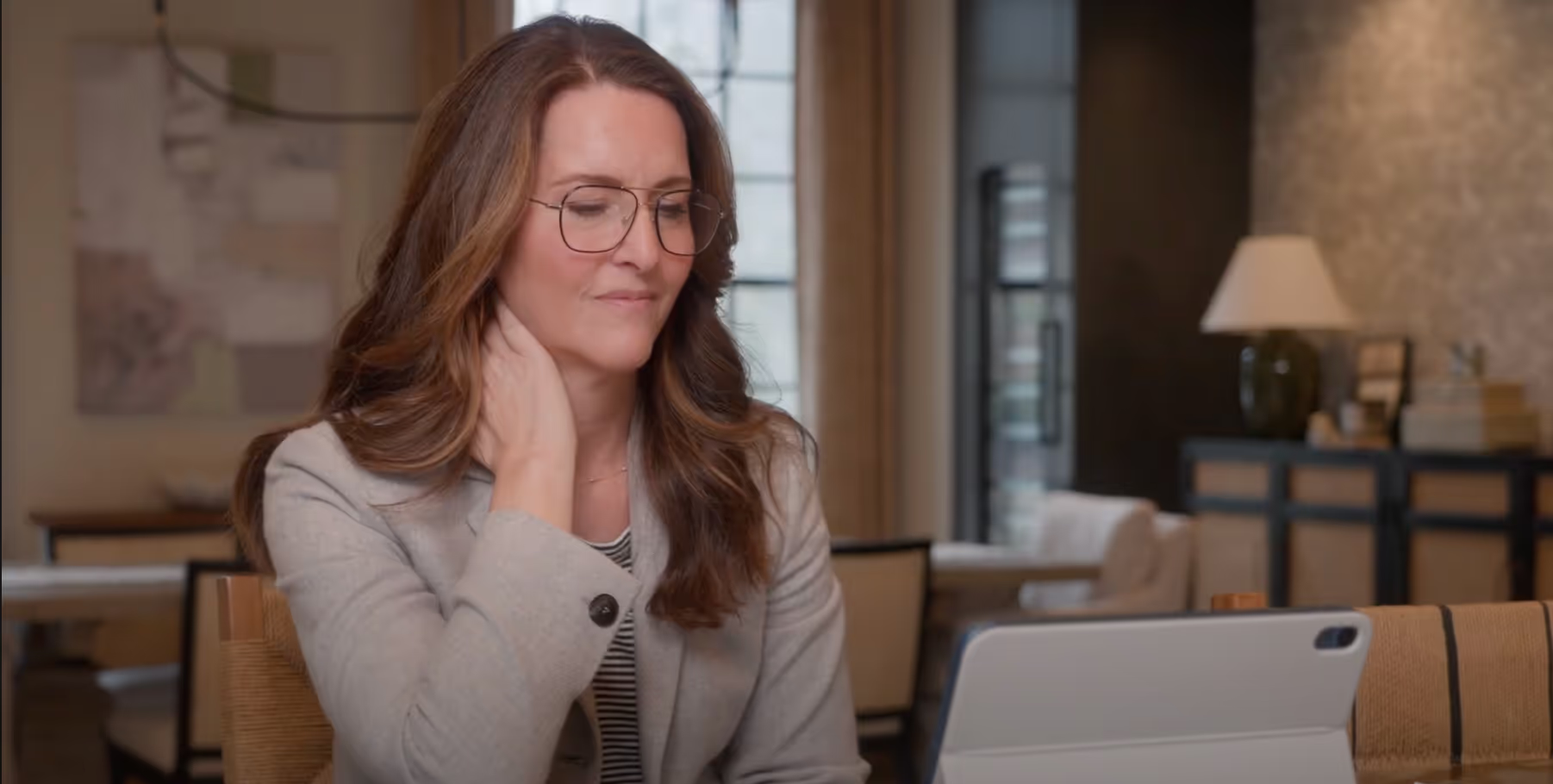In a world of free and open access to medical knowledge, patients are naturally becoming proactive and more involved in seeking out care. The natural course of this shift toward medical savvy in the general population is that patients coming to the clinic setting is mounting.
While patients advocating for their care are certainly to be applauded, are medical systems and clinics able to handle the increased volume that will come through their doors? Primary care doctors are typically the first line in a person’s care. They have the extraordinary task of managing their patients’ overall health and well-being but in doing so, their practices easily become inundated. This creates a bottleneck at the clinic door. Wait times are long, schedules are packed tightly, and paperwork mounts and takes time away from the physicians and their direct patient care. Visits become shorter to accommodate the ever-expanding volume. Shorter visits lead to less comprehensive care.
With a fixed supply of physicians and their ancillary office staff and a growing population, it’s not hard to see that there is an issue that needs to be addressed. Patients have a right to expeditious and equitable care and our system falls short. So what is a good first step?
Let’s take a look at two important elements: The role of specialists/subspecialists and the growth of telehealth platforms. The Harvard Business Review published the article “Enlist Medical Specialists in the Drive to Improve Population Health''. Here, doctors Ryan Howard and Michael Englesbe propose that specialist physicians often see patients for a primary health issue, but do not address chronic conditions. They call this a missed opportunity and propose that one solution is the utilization of more specialty-based multidisciplinary clinics (MDC) where multiple issues and needs can be addressed.
Terminal diseases, such as ALS, which are complex in evaluation and treatment, may not be adequately addressed. In having the patient establish care with the specialist as part of an MDC, they receive the time they need to fully address what is often a multifaceted care plan. Evidence supports that ALS patients who receive care at ALS-specialized MDCs have better outcomes than patients attending general Neurology clinics. A survey of our patients reveals that nearly 50% of our patients do not have a specialist. We all know that the diagnosis, treatment, and ongoing care of a person living with ALS is extremely challenging and rarely straightforward. We believe that all patients living with ALS should have the benefit of specialists and comprehensive care teams.
Realistically, specialists, who are in short supply, may then find it increasingly difficult to efficiently care for this new increase in volume. What we see is the potential for a domino effect. Here is where a virtual ALS specialty clinic enters and brings with it a tremendous advantage, offering multiple ways in which to solve this problem. Specialist physicians can work in tandem with their counterparts on the ground to expand the number of yearly visits a patient can receive. Virtual visits obviate the need to travel, making it more convenient for the patient and more likely for the patient to keep their appointments. Virtual teams that engage care coordination teams to navigate insurance, deal with prior authorizations and denials, and the burden of administrative backlog, allow for the specialists to spend more time away from burdensome paperwork and more time face-to-face with their patients.
The model of a teleneurology platform with a growing multidisciplinary approach is what makes Synapticure unique and a trailblazer in the field of Neurology; collaborative work with patients, their caregivers, and their primary neurologists provides the best possible outcomes. We look forward to working with you to provide all people living with ALS the best care possible regardless of where they live.











.png)


